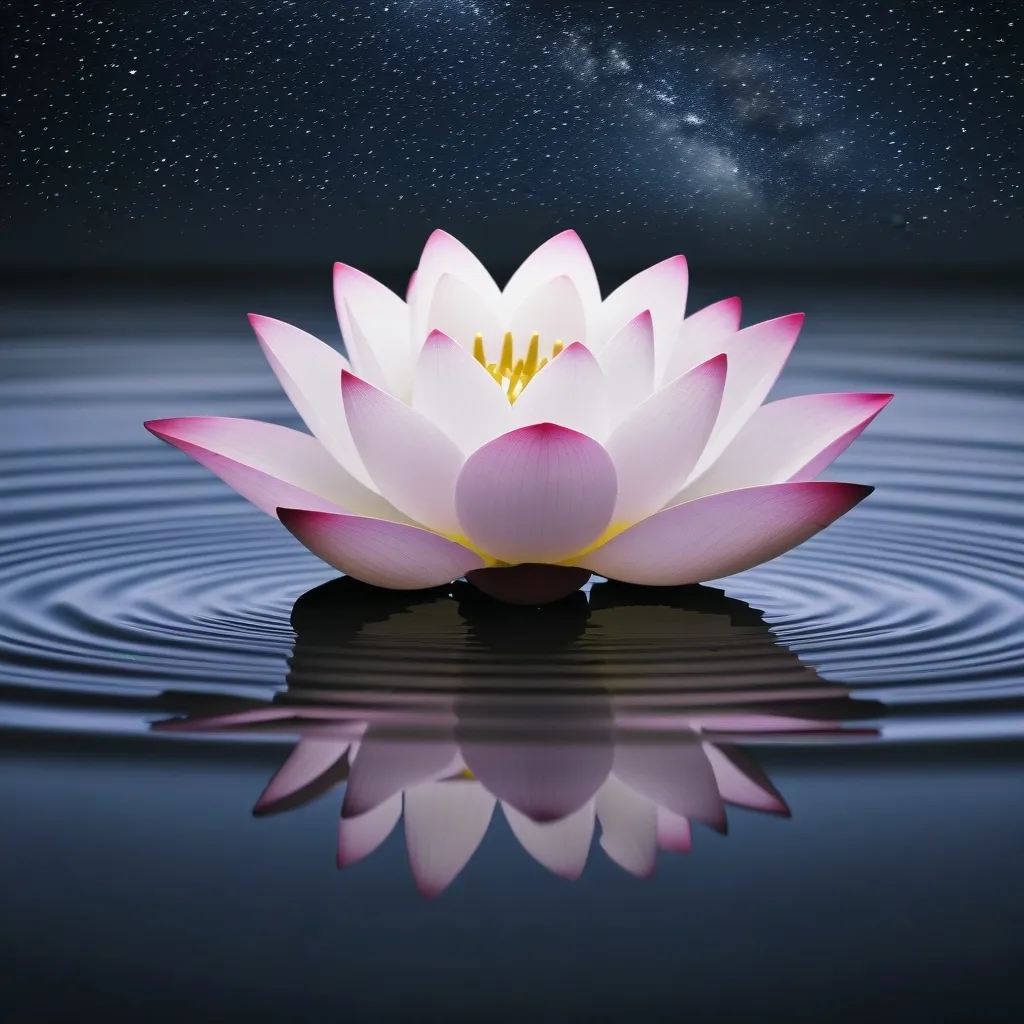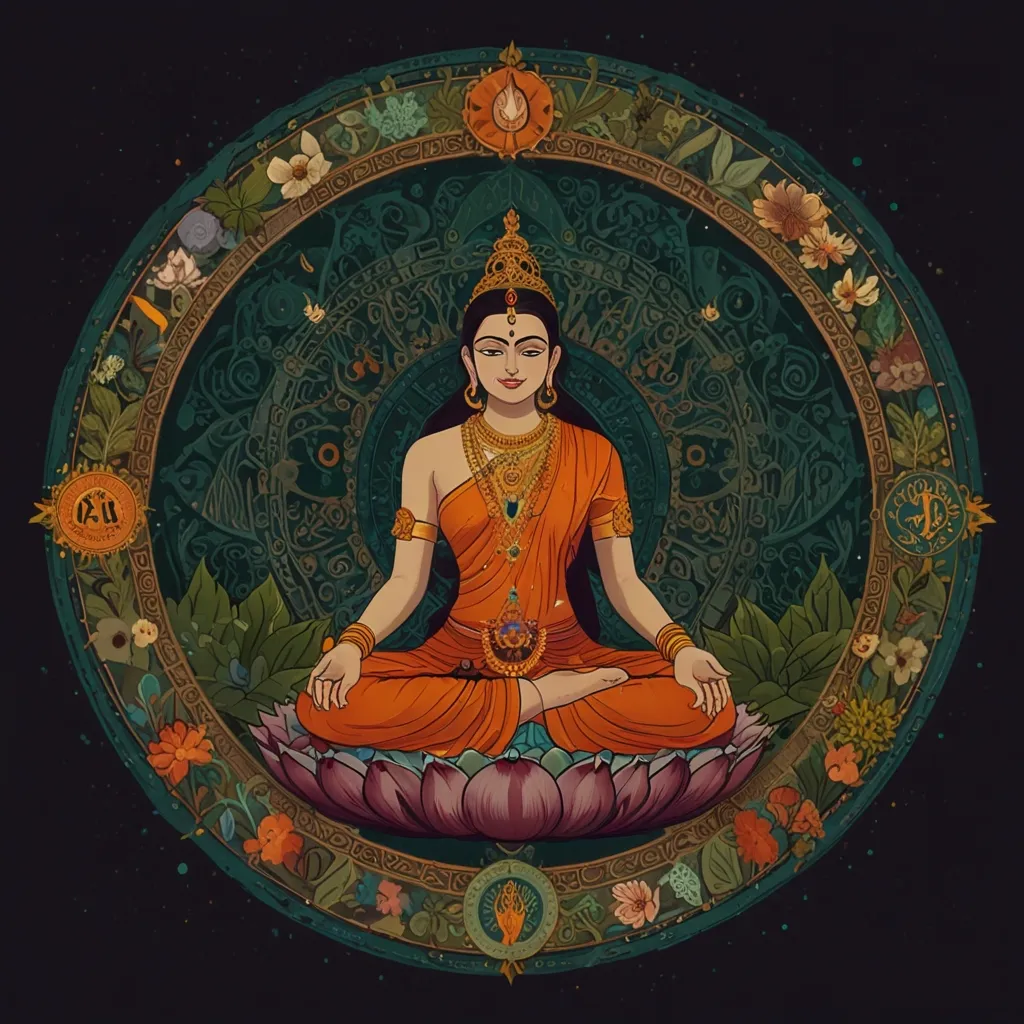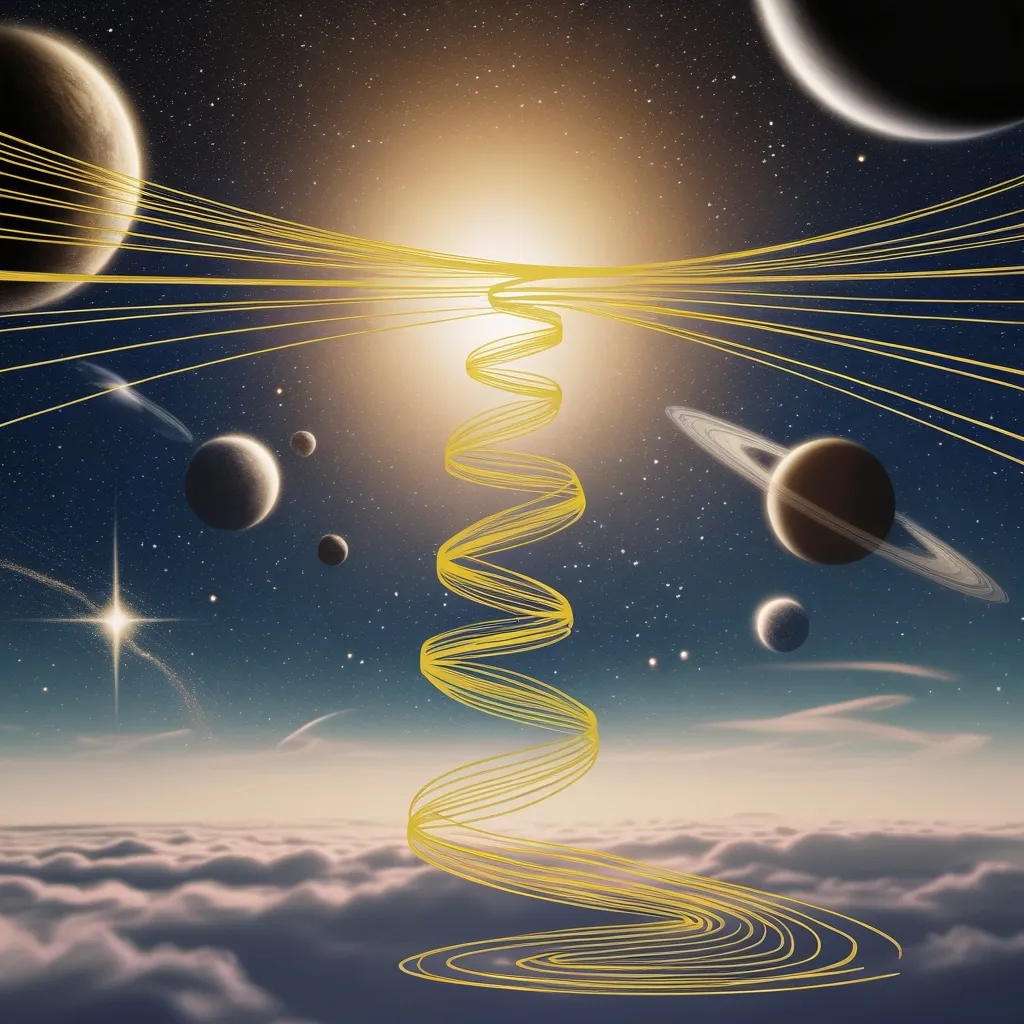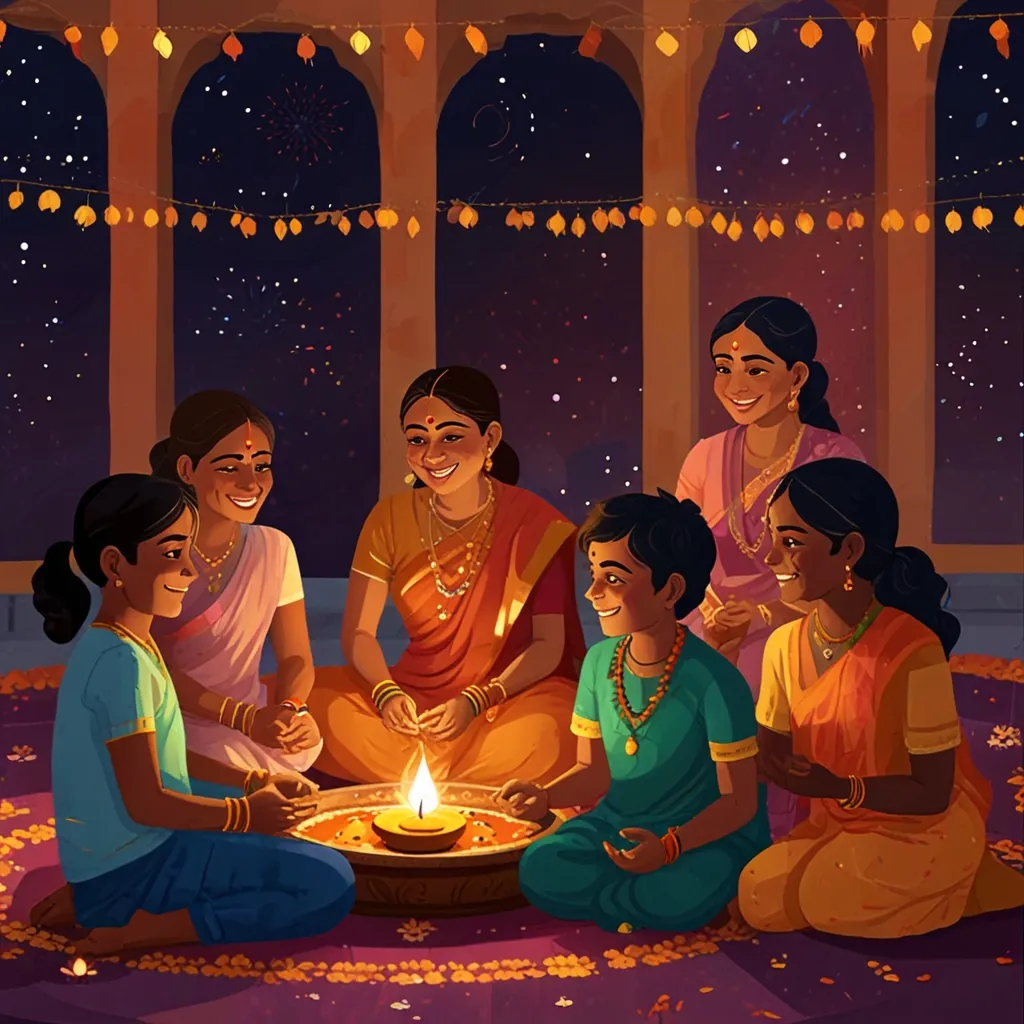Hindu philosophy has been an influential part of human life for ages, shaping how people think and act. It’s fascinating how this ancient wisdom is now making waves in modern psychology, bringing fresh insights into how we understand human behavior and well-being.
You see, Hindu philosophy isn’t just one thing. It’s a blend of various thought systems like Samkhya and Yoga. These systems dive deep into human cognition and consciousness, offering a holistic view of human experience. Unlike Western psychology, which often views cognition separately, Hindu philosophy blends it with emotion, personality, and willpower. This integrated approach is catching the attention of Western psychologists, especially when looking at mindfulness and meditation practices.
Talking about growth, Hindu philosophy describes different stages of self-development. It’s kind of like leveling up in a video game. First, there’s the “pracharaka,” or the evangelist, who spreads beliefs without much reflection. This is quite common on social media, right? Then comes the “saadhaka,” the practitioner, who actually reflects on the beliefs and practices them. Finally, there’s the “anubhava,” the experiencer, who reaches a deep understanding through direct experience.
One ancient text that’s been getting attention is the Bhagavad Gita. This text offers nuggets of wisdom on mental well-being and resilience, which are crucial for modern psychology. The Gita teaches self-reflection and mindfulness, concepts that align well with cognitive-behavioral therapy and positive psychology.
Hindu philosophy also has a unique take on human nature. It sees humans as inherently divine, part of a greater cosmic reality called Brahman. This stands in contrast to the Western view where humans are often seen as flawed. According to Hindu belief, forgetting one’s divine nature results in negative karma, which leads to rebirth until enlightenment is achieved. This promotes a view of interconnectedness that can enrich our understanding of human nature.
In real-life applications, Hindu philosophy has a lot to offer. Meditation and mindfulness, which have roots in Hindu traditions, are now widely used to improve mental health. The idea of “dharma,” or duty, emphasizes ethical living and personal responsibility, principles that are making their way into therapeutic settings to boost well-being and resilience.
Bringing together Hindu philosophy and Western psychology can be super beneficial. They both aim to understand human behavior and promote well-being, but from different angles. This integration can offer a more rounded understanding of human experience and lead to better psychological interventions.
In a nutshell, Hindu philosophy has a lot to offer modern psychology. Its holistic approach, focus on mindfulness, and practical applications make it a treasure trove of insights. As the world gets more connected, blending these ancient and modern perspectives can only lead to a more complete understanding of human nature and better mental health.






